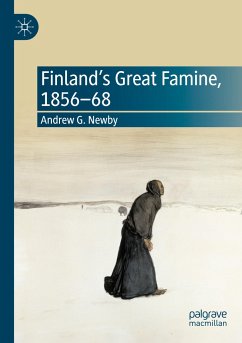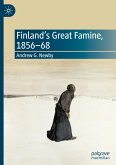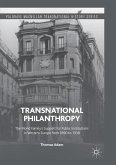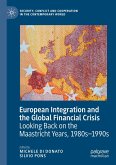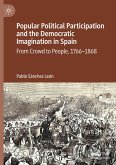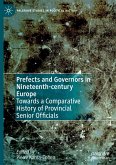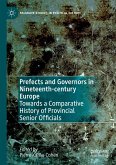This book will provide a thematic overview of one of European history's most devastating famines, the Great Finnish Famine of the 1860s. In 1868, the nadir of several years of worsening economic conditions, 137,000 people (approximately 8% of the Finnish population) perished as the result of hunger and disease. The attitudes and policies enacted by Finland's devolved administration tended to follow European norms, and therefore were often similar to the "colonial" practices seen in other famines at the time. What is distinctive about this catastrophe in a mid-nineteenth-century context, is that despite Finland being a part of the Russian Empire, it was largely responsible for its own governance, and indeed was developing its economic, political and cultural autonomy at the time of the famine. Finland's Great Famine 1856-68 examines key themes such as the use of emergency foods, domestic and overseas charity, vagrancy and crime, emergency relief works, and emigration.
"'Finland's Great Famine' provides a solid and accessible introduction to the topic ... . It delivers a successful challenge to both environmentally determinist and narrow nationalist interpretations. Instead, it reconnects the famine to its European political, humanitarian, and commemorative contexts." (Dominik Collet, H-Soz-Kult, hsozkult.de, January 19, 2024)

